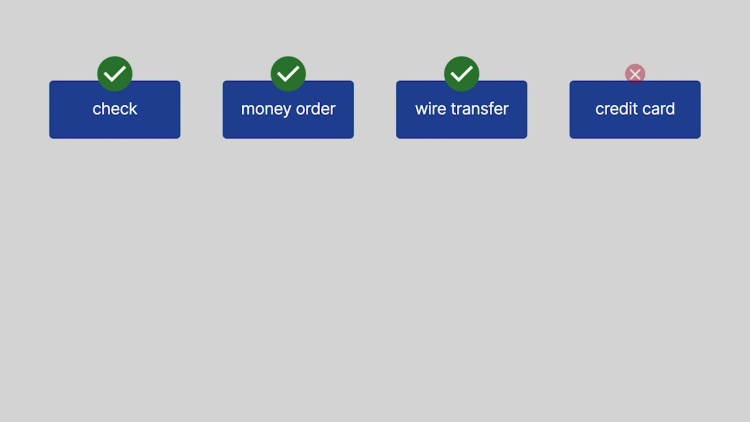Mesaros v. United States
United States Court of Appeals, Federal Circuit
845 F.2d 1576 (1988)
- Written by Megan Petersen, JD
Facts
In July 1985, the United States Congress passed the Statue of Liberty-Ellis Island Commemorative Coin Act that authorized the United States Mint (Mint) (defendant) to produce 500,000 limited edition commemorative coins. The coins were to be sold to raise money to restore the Statue of Liberty and Ellis Island in New York, New York. The Mint mailed out materials advertising the sale of the coins and authorizing payment by check, cash, or credit card. The Mint used an outside bank to process credit card orders, but had significant problems processing credit card payments. As a result, many credit card orders for coins were unfulfilled. Mary and Anthony Mesaros (plaintiffs) received the materials from the Mint and placed a credit card order in November 1985 for $1,675 worth of commemorative coins. The Mesaros’ bank approved their credit card transaction, but the Mint was unable to process their credit card orders. Mr. and Mrs. Mesaros later ordered 18 additional coins via check. All of their check orders were successfully processed. On May 23, 1986, Mr. and Mrs. Mesaros filed a class action suit in federal district court against the United States Government (defendant) and the Mint alleging breach of contract. Mr. and Mrs. Mesaros alleged that the materials sent to them by the Mint constituted an offer which they accepted, thus forming a binding contract. The district court granted summary judgment for the United States, and Mr. and Mrs. Mesaros appealed.
Rule of Law
Issue
Holding and Reasoning (Skelton, J.)
What to do next…
Here's why 910,000 law students have relied on our case briefs:
- Written by law professors and practitioners, not other law students. 47,100 briefs, keyed to 997 casebooks. Top-notch customer support.
- The right amount of information, includes the facts, issues, rule of law, holding and reasoning, and any concurrences and dissents.
- Access in your classes, works on your mobile and tablet. Massive library of related video lessons and high quality multiple-choice questions.
- Easy to use, uniform format for every case brief. Written in plain English, not in legalese. Our briefs summarize and simplify; they don’t just repeat the court’s language.





